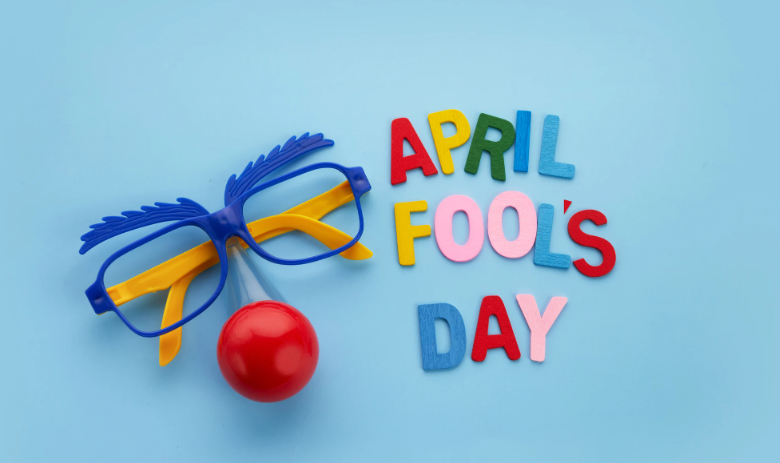
Let’s Celebrate…April Fool’s Day
April Fools’ Day is an annual celebration on April 1 that has been observed for centuries by different cultures.
Although the exact origins of the holiday are shrouded in mystery, one popular theory is that it dates back to 1582, when France changed from the Julian to the Gregorian calendar. This shift caused confusion among some people who continued to celebrate the new year on April 1, which was no longer the official date. They were often mocked and became known as “April fools.” These pranks included placing paper fish on their backs and referring to them as “poisson d’avril” (April fish), symbolizing a gullible person.
Other historians link April Fools’ Day to ancient Roman festivals, such as Hilaria, which was celebrated in late March by followers of the cult of Cybele. This festival involved dressing up in disguises and mocking fellow citizens, inspired by the Egyptian legend of Isis, Osiris, and Seth. Another theory is that April Fools’ Day is connected to the vernal equinox, when Mother Nature allegedly fooled people with unpredictable weather.
The tradition of April Fools’ Day spread throughout Britain in the 18th century, and in Scotland, it became a two-day event. On the first day, called “hunting the gowk,” people were sent on phony errands. The second day, known as Tailie Day, involved pranks played on people’s derrieres, such as pinning fake tails or “kick me” signs on them.
In modern times, April Fools’ Day has become an opportunity for people to create elaborate hoaxes. Media outlets, including newspapers, radio and TV stations, and websites, have participated in reporting outrageous fictional claims that have fooled their audiences. Some of the most famous hoaxes include the BBC reporting in 1957 that Swiss farmers were harvesting spaghetti from trees, Sports Illustrated publishing a fictional article in 1985 about a rookie pitcher who could throw a fastball over 168 miles per hour, and Taco Bell announcing in 1996 that it had purchased Philadelphia’s Liberty Bell and planned to rename it the Taco Liberty Bell.
Google is known for its annual April Fools’ Day pranks, which have included “telepathic search” and the ability to play Pac Man on Google Maps. For the average trickster, there are always classic pranks like covering the toilet with plastic wrap or swapping the contents of sugar and salt containers.
Despite the many theories surrounding its origins, April Fools’ Day remains a beloved tradition that continues to be celebrated around the world.








































